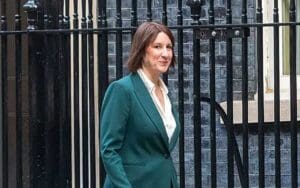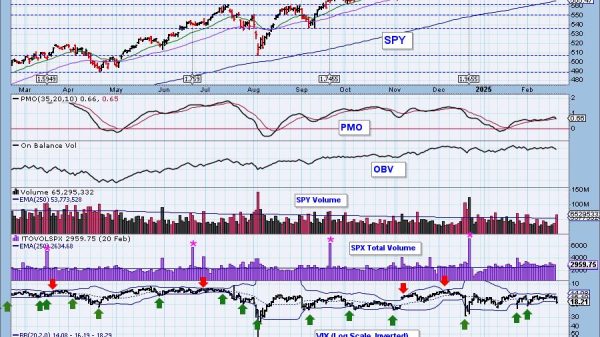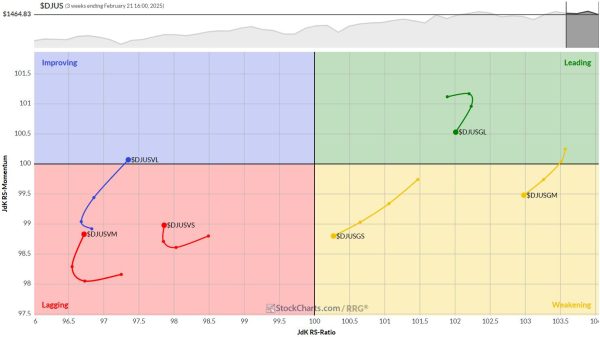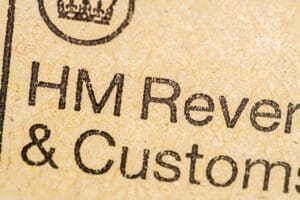HMRC has announced a reduction in the interest charged on overdue tax payments, following the Bank of England’s recent decision to cut the base rate from 4.75% to 4.5%.
From 17th February, taxpayers with outstanding debts will see the interest rate on late payments drop from 7.25% to 7%. This will offer some relief to the estimated 1.1 million self-assessment taxpayers who missed the 31st Januarydeadline for filing their returns.
However, the disparity between what HMRC charges on late payments and pays on refunds remains significant. While late payers will now be charged 7% interest, HMRC will only pay 3.5% interest on tax refunds, calculated as the base rate minus 1%.
An HMRC spokesperson defended the policy, stating: “The difference between rates is in line with the policy of other tax authorities worldwide. It compares favourably with commercial practice for interest charged on loans or overdrafts and interest paid on deposits.”
Seb Maley, CEO of tax insurance firm Qdos, acknowledged that while the rate cut offers some relief, the bigger issue is the imbalance in HMRC’s interest rates:
“Good news on one hand – that those who weren’t able to pay their tax bill on time last month will pay less interest on the amount they owe in tax. With 1.1m said to have missed the recent deadline, the revised Bank of England interest rate may offer them some respite.
“But it’s a small reprieve, in reality. The story here is that HMRC still charges double the amount of interest than it pays on money owed to taxpayers in the form of refunds and rebates. It’s a huge mismatch and one that taxpayers are bearing the brunt of.”
Maley also warned that those with overdue tax bills risk closer scrutiny from HMRC, as the longer a tax bill remains unpaid, the greater the likelihood of an investigation.
With HMRC continuing to enforce stringent penalties on late taxpayers, critics argue that the government must address the imbalance in how it treats overdue payments versus refunds. For now, self-assessment taxpayers who missed the deadline will see a slight reduction in charges—but will still pay far more interest than they would receive if the roles were reversed.
Read more:
HMRC lowers late payment interest following Bank of England rate cut























